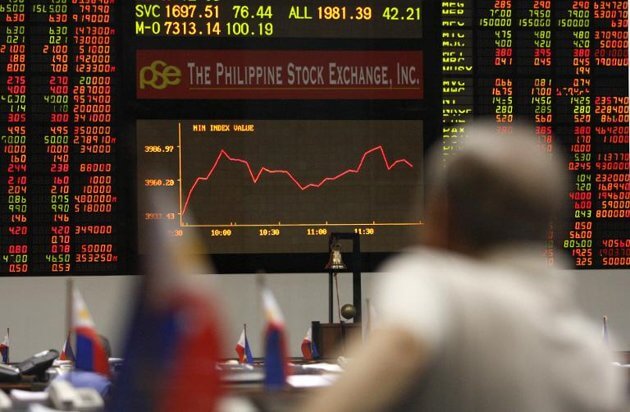
The Philippines again got applause from the international stage Wednesday as it continued to climb up a global competitiveness ranking. The country ranked 52nd out of 144 countries in the latest list published by the World Economic Forum, up from the 59th out of 148 in 2013.
“The country’s gain of 33 places since 2010 is the largest over that period among all countries studied,” the WEF said in a statement accompanying the report.
The Philippines ranked 85th in 2010, 75th in 2011, and 65th in 2012. This is the 21st year that the country was included in the competitiveness ranking. Switzerland, Singapore, U.S., Finland, and Germany topped this year’s list. At the bottom, meanwhile, were Guinea, Chad, Yemen, Mauritania, and Angola.
Among ASEAN members in the list, the Philippines followed Singapore (2nd), Malaysia (20th), Thailand (31st) and Indonesia (34th). Ranked lower than the Philippines, meanwhile, were fellow ASEAN economies Vietnam (68th), Lao PDR (93rd), Cambodia (95th), Myanmar (134th).
The WEF reported a global competitiveness index of 4.4 out of 7 points for the Philippines, noting positive trends in most of the 12 pillars assessed.
“The results suggest that the reforms of the past four years have bolstered the country’s economic fundamentals,” WEF said further.
The institutions pillar was among the positive areas highlighted by the WEF, saying the Philippines gained some 50 places since 2010.
“There are signs that the efforts made against corruption have started bearing fruit: in terms of ethics and corruption, the country has moved from 135th in 2010 to 81st this year,” it noted.
Other areas where the Philippines made “significant strides” were in government efficiency, property rights protection, and technological adoption. The country’s infrastructure performance, however “remains poor (91st), especially with respect to airport (108th) and seaport (101st) infrastructure.”
The WEF also tagged “rigidities and inefficiencies” in the labor market, an area where the Philippines ranked 91st, moving little since 2010.
“Finally, security remains an issue (89th), in particular in terms of costs that the threat of terrorism imposes on businesses (110th),” it noted.
Malacanang welcomed the Philippines’ improvement in the ranking, which it said comes at the heels of the WEF on East Asia held in the country last May.
In a statement, presidential spokesperson Edwin Lacierda chose to highlight how the Philippines was hailed as the second fastest-growing economy in Asia.
“This has been made possible by the Filipino people who, imbued with a positive, can-do attitude, are going from strength to strength in terms of governance and the economy,” Lacierda said.
Finance Secretary Cesar Purisima, for his part, said the development “augurs well for sustained positive business sentiment in the Philippines.”
The Cabinet official also vowed to work toward “other opportunities yet untapped in creating an even more attractive and level playing field.”
“The government has aligned its priorities with these opportunities, such as greater investment in quality infrastructure, so we may reap their benefits in the coming years,” he said.
Source: Kim Arveen Patria / Yahoo Southeast Asia Newsroom



